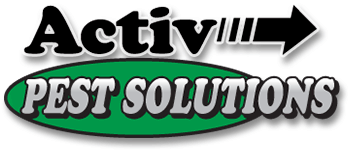
Our Pest Control Blog
Check out our comprehensive pest control blog, where we share valuable insights, expert tips, and the latest trends in pest management. From identifying common pests to implementing effective prevention strategies, our blog is your go-to resource for maintaining a pest-free environment in your home.
Delaware and Maryland combined host several million acres of forested area. Many service requests we receive are for Big Black ants. Customers describe big black ants roaming around their home.
The Odorous House Ant is found throughout the United States. They are often commonly called sugar ants, pest ants, little black ants and even piss ants by some. This pest is often found foraging for food in long trails over household surfaces and can contaminate food products in your home.
Termites are artful in nature so their presence may not be revealed to a home owner until costly damage has been done. In the spring when the conditions are right we often get service requests for flying ants only to identify them as termite swarmers.
On many occasions our customers have requested service to spray their yard for little black ants creating mounds throughout their lawn. After identification and a thorough inspection, we have found the little black ant in question to be the pavement ant.
The eastern subterranean termite is considered by many in our industry to be the most destructive wood destroying pest to homes throughout Delaware, Maryland and much the Northeast. Eastern Subterranean Termite Colonies may contain over 3 million individuals so professional termite protection is very important.
Another small black ant common to the Delaware and Maryland region is the Acrobat Ant. Over the years our certified technicians have inspected many homes with little black ants trailing along tree limbs and utility lines.
Often in early spring customers would call requesting a price quote to “spray for flying ants” or “ants with wings.” After thorough inspection and identification from one of our certified pest control technicians we find that the flying ant or ant with wings is a termite infestation.
